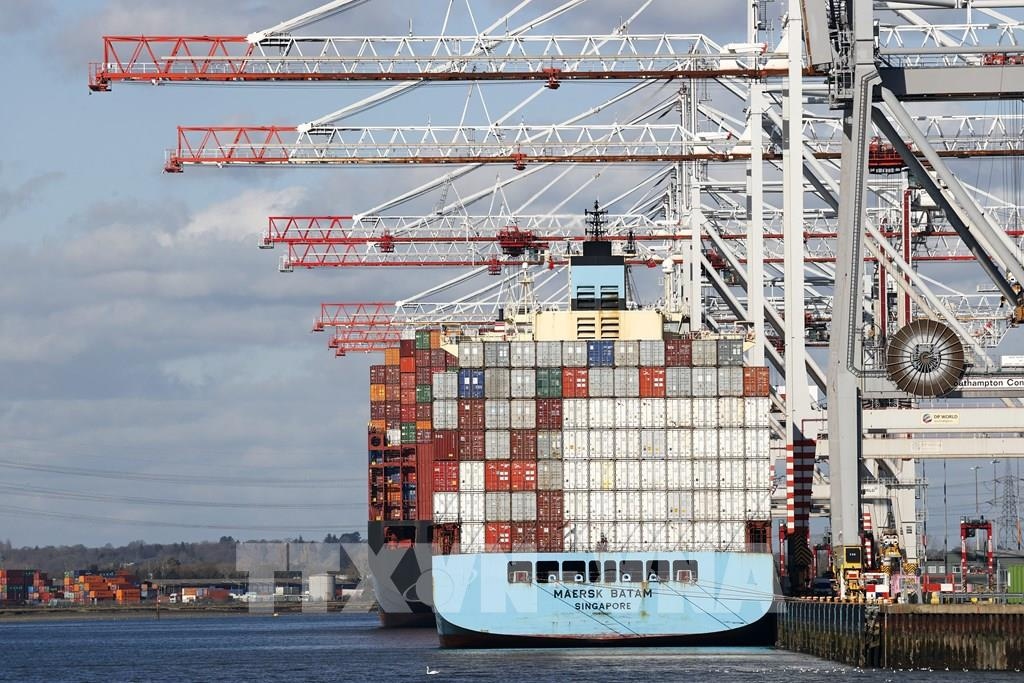The inevitable transformation trend of the shipping industry
Posted on: 11/07/2025

According to the International Maritime Organization (IMO), the transformation of the shipping industry encompasses the entire supply chain, business model, fleet, port and workforce in the industry. In April 2025, the IMO adopted new regulations related to fuel and carbon emissions of ships, which are expected to officially apply in October 2025.
However, Mr. Arsenio Dominguez, Secretary General of the IMO, emphasized at the Green Economy Finance Forum held in Monaco on June 8 that: “Regulation alone is not enough. We need to develop alternative fuels and technologies, and this can only be done through large investments.”
At the United Nations Conference on the Ocean held from June 9-13 in Nice (France), calls for the international community, shipping companies and related industries to increase investment to promote multilateralism and reaffirm the commitment to protecting the ocean were heard more and more strongly.
According to the IMO, the focus of these investments is on decarbonization technologies, in particular increasing the production of alternative fuels to replace the 350 million tonnes of heavy fuel oil (mazout) currently used annually on ships. In addition, the modernization of seaport systems and refueling infrastructure must also be accelerated to provide clean, safe energy for ships calling at port around the world.
Notably, according to a report by the World Shipping Council provided by IMO media representative Florence Mondou, there are at least 200 current container ships capable of operating on near-zero emission fuels. More than 80% of new container ship and car carrier orders are designed with this advanced hybrid technology.
Total investment in the container shipping industry to decarbonize has reached about $150 billion, a record for the industry as a whole. “Decarbonization is a necessary expense,” Dominguez stressed. “We spent money to pollute the environment, now it’s time to invest in cleaning it up and maintaining sustainability for future generations.”
In addition to environmental issues, the IMO also raises the issue of maritime safety and security in the context of the increasingly complex shipping industry. From June 18 to 27, 176 members of the IMO Maritime Safety Committee (MSC), including Algeria, met in London, UK, to discuss important issues such as greenhouse gas regulation, cyber security risk management, developing regulations for autonomous ships, as well as measures to combat piracy and armed attacks at sea.
One of the highlights is the consideration of extending the safety code to commercial nuclear-powered ships. This code, adopted by the IMO Assembly in 1981, aims to ensure the safety of ships, crews, cargo and the environment.
With technical developments, the use of nuclear-powered vessels is becoming increasingly feasible, while posing many cross-border safety challenges due to the complexity and risks associated with nuclear operations at sea.
Maritime experts warn that advances in this field in the near future will have a profound impact on the economics and technology of the shipping industry, while also placing stringent requirements on safety and risk management.
“We all have a responsibility to protect our precious marine environment and the resources on which we all depend – from governments, industry to civil society. This is not just our ocean, it is our responsibility and opportunity,” concluded the IMO President.